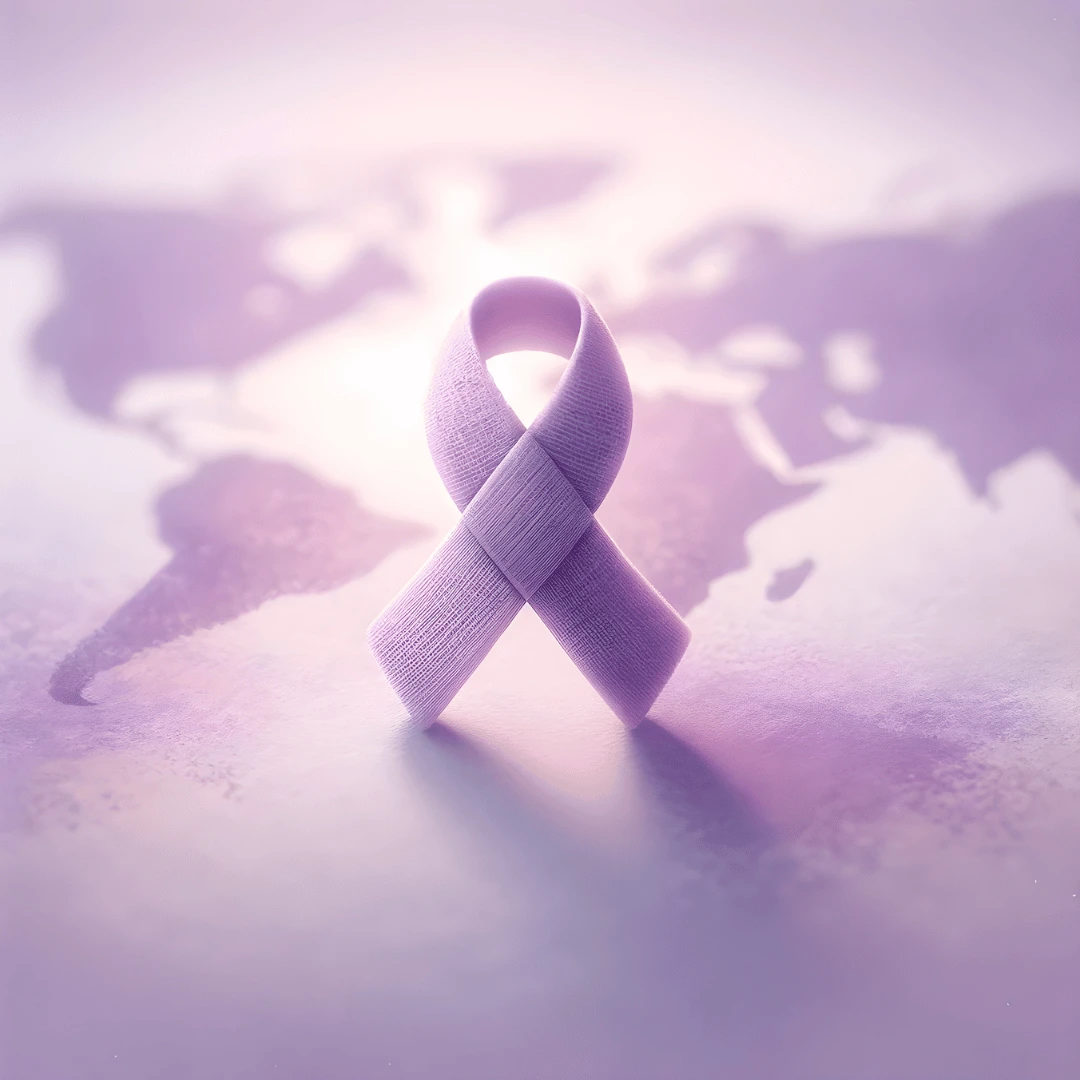Cancer is a serious problem that affects millions of people worldwide, causing about 1 in every 6 deaths and impacting nearly every family. In just 2022, there were a huge 20 million new cases and 9.7 million deaths due to cancer, highlighting how urgent it is to tackle this issue. Looking ahead, the situation is expected to worsen, with a predicted 77% increase in cancer cases by 2050. It’s important to know that certain infections like hepatitis B and C, or human papillomavirus (HPV), can lead to cancer and are still common in the Eastern Mediterranean Region. The good news is that some of these infections can be easily prevented through vaccination. As we observe World Cancer Day, let’s explore the challenges we face with a simple and shared commitment to make a positive impact in the fight against cancer.
Understanding the Impact:
Cancer is a group of diseases where cells grow uncontrollably and spread. It’s a big problem affecting many people globally. On World Cancer Day, everyone worldwide gathers to recognize how much this disease impacts individuals, families, and communities. It’s a day to support those dealing with cancer, acknowledging the difficulties they face and admiring their strength in tough times.
Symptoms
- Unexplained Weight Loss: Sudden and unintentional weight loss, especially without changes in diet or physical activity.
- Persistent Fatigue: Ongoing, extreme tiredness that doesn’t improve with rest.
- Changes in Skin: Noticeable changes in the color, size, or shape of moles or the appearance of new skin abnormalities.
- Persistent Pain: Long-lasting pain that doesn’t have an apparent cause or doesn’t improve with treatment.
- Changes in Bowel or Bladder Habits: Persistent changes in bowel movements or urine patterns without a clear reason.
- Unexplained Bleeding: Unexplained bleeding or bruising, such as blood in the urine, stool, or unusual bleeding from other body parts.
- Lumps or Thickening: Noticeable lumps or areas of thickening in the breasts, testicles, or other parts of the body.
- Difficulty Breathing: Shortness of breath or difficulty breathing, especially if unrelated to physical exertion.
- Changes in Appetite: Significant and unexplained changes in appetite, either loss of appetite or unexplained hunger.
Preventing Cancer
Promoting prevention is a key focus on World Cancer Day, aiming to inform people about ways to reduce their risk. Making small, positive changes in our daily lives can make a big difference. For instance, choosing a balanced and nutritious diet, incorporating regular exercise into our routines, steering clear of tobacco products, and moderating alcohol intake are simple yet impactful steps to significantly lower the chances of developing specific types of cancer. By spreading awareness about these practical preventive measures, World Cancer Day encourages everyone to take control of their well-being, making informed decisions that contribute to a healthier life.
Vaccinations and treatments
Cancer vaccination, also known as cancer immunization or cancer vaccines, is an immunotherapy that stimulates the body’s immune system to recognize and attack cancer cells. There are two main types of cancer vaccines: preventive (prophylactic) vaccines, such as HPV and Hepatitis B, and therapeutic (treatment) vaccines, such as dendritic cell, peptide or protein, whole tumor cell, mRNA, and virus-based vaccines.
Various treatments for cancer include surgery, chemotherapy, and radiation therapy. Understanding these treatment options is crucial for patients and their families. Clinical trials are ongoing to explore and develop new cancer vaccine strategies, and advancements in this field continue to be made.
Unlocking the Power of Early Detection
- Understanding the Game-Changer: Early detection plays a crucial role in turning the tide against cancer, providing a better chance for successful treatment.
- Regular Screenings and Check-Ups: World Cancer Day highlights the importance of scheduling routine screenings and health check-ups.
- Identifying Cancer Early: Emphasize the significance of catching cancer at its earliest, most treatable stages through regular medical examinations.
- Prompt Medical Attention: Stress the urgency of seeking medical attention promptly if any concerning signs or symptoms arise.
- Proactive Health Approach: Encourage a proactive attitude toward personal health, where individuals take the initiative in monitoring their well-being.
- Enhancing Survival Rates: World Cancer Day strives to improve survival rates by empowering people to detect and address cancer in its early stages.
Comprehensive Support
World Cancer Day isn’t just about stopping cancer and telling people about it. It’s also about helping those who have cancer and cheering on the people who beat it. Communities should give support like understanding feelings, money help, and practical help to people and families dealing with cancer. Saying how strong and brave survivors are helps create a feeling of hope and togetherness, reminding everyone that cancer can be beaten.
Conclusion
World Cancer Day serves as a powerful reminder that together, we have the ability to make a big difference in the global fight against cancer. By spreading awareness, encouraging prevention, backing early detection, and standing united with those dealing with cancer, we can work towards a world where fewer people have to face this challenging disease. As we think about the importance of World Cancer Day, let’s pledge to be active contributors to positive change, striving to bring hope to millions of individuals worldwide who are affected by cancer.


